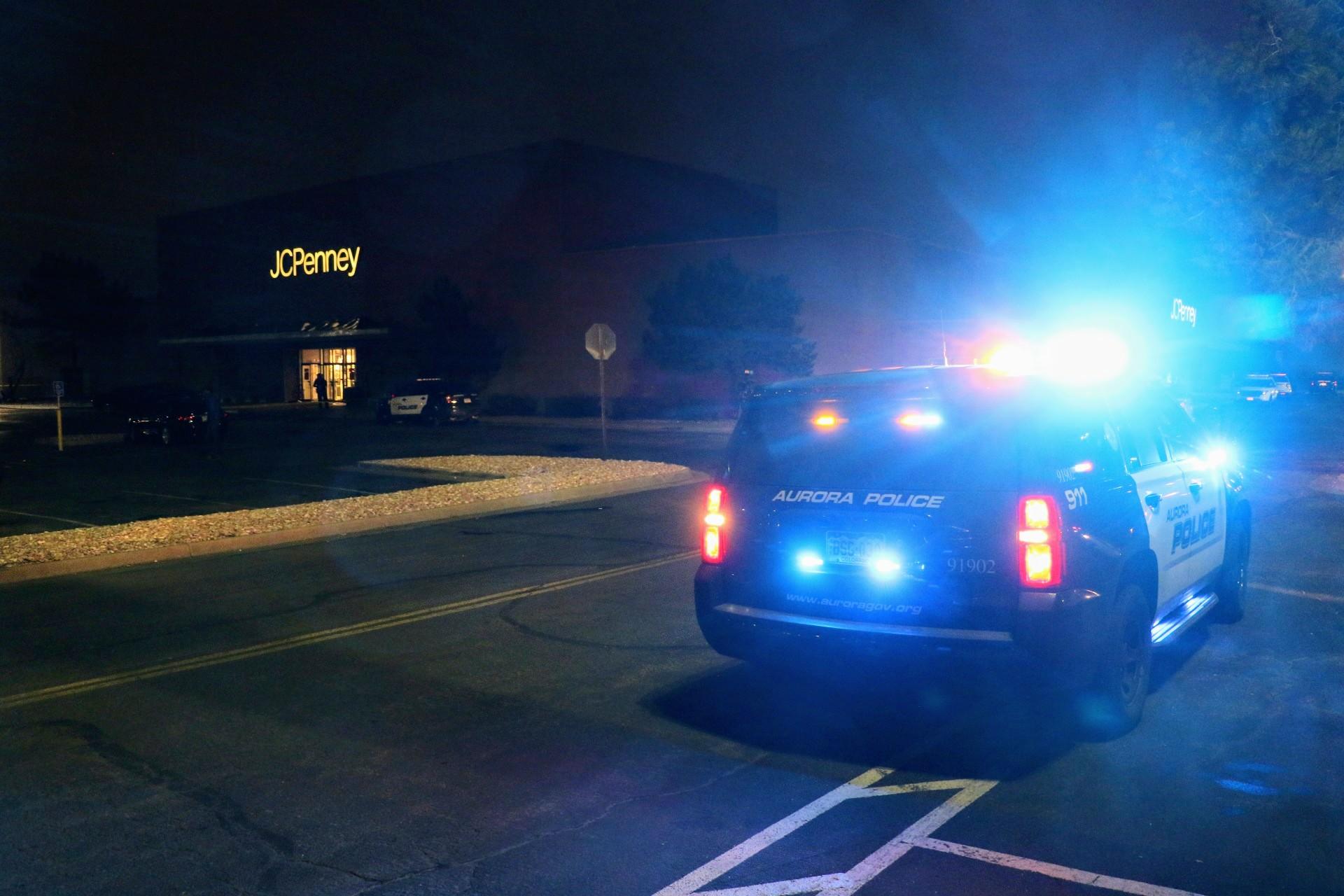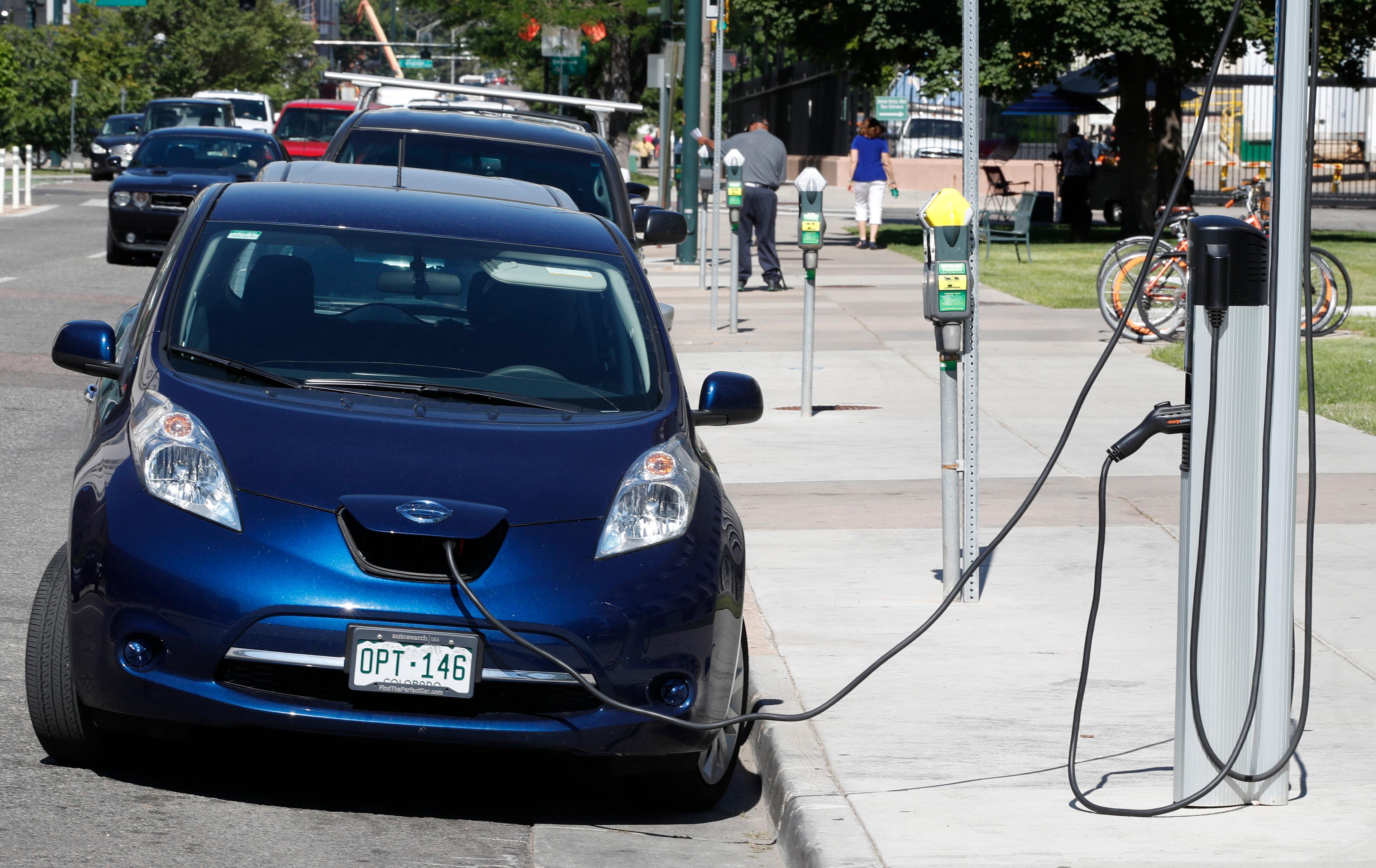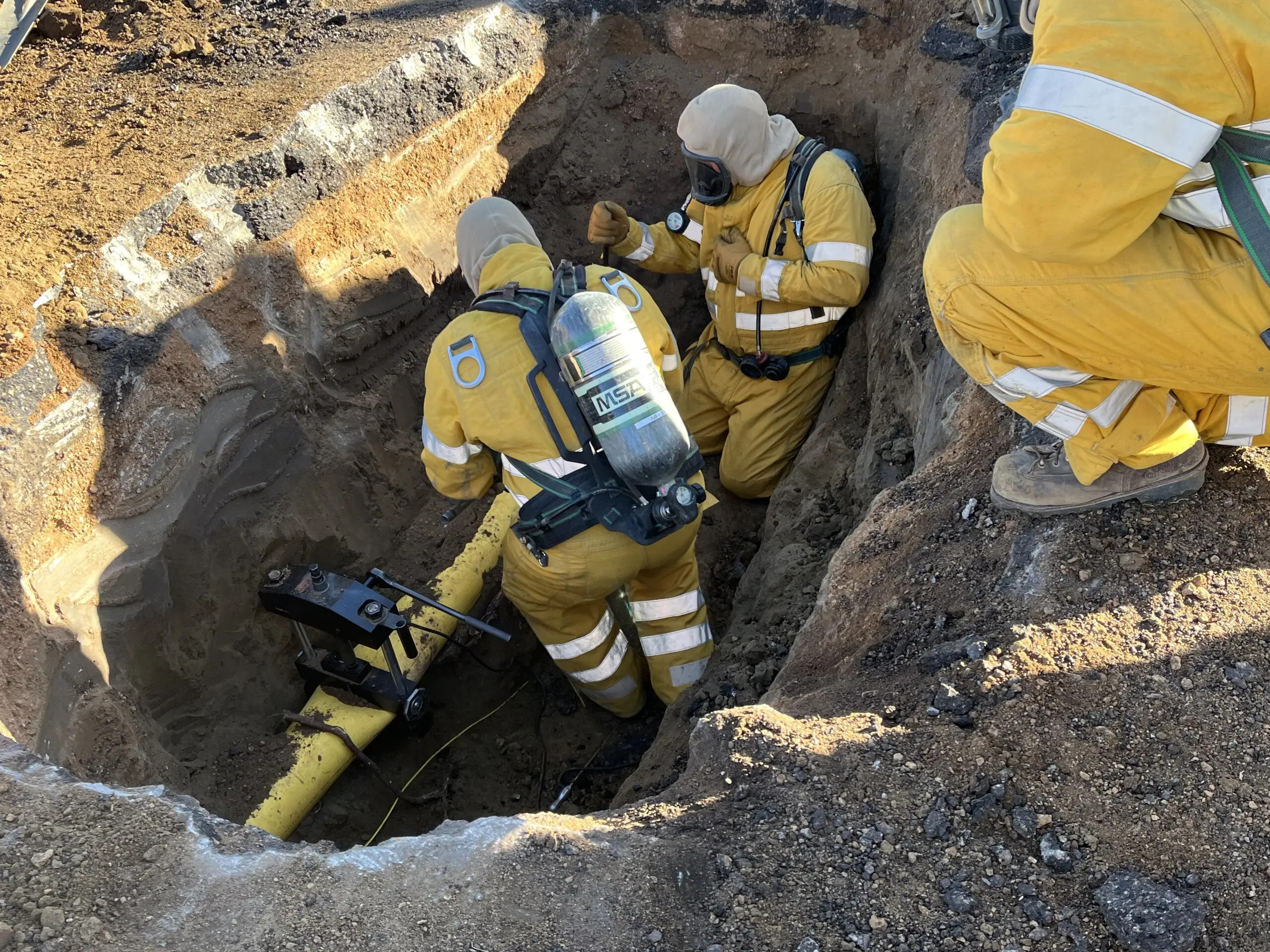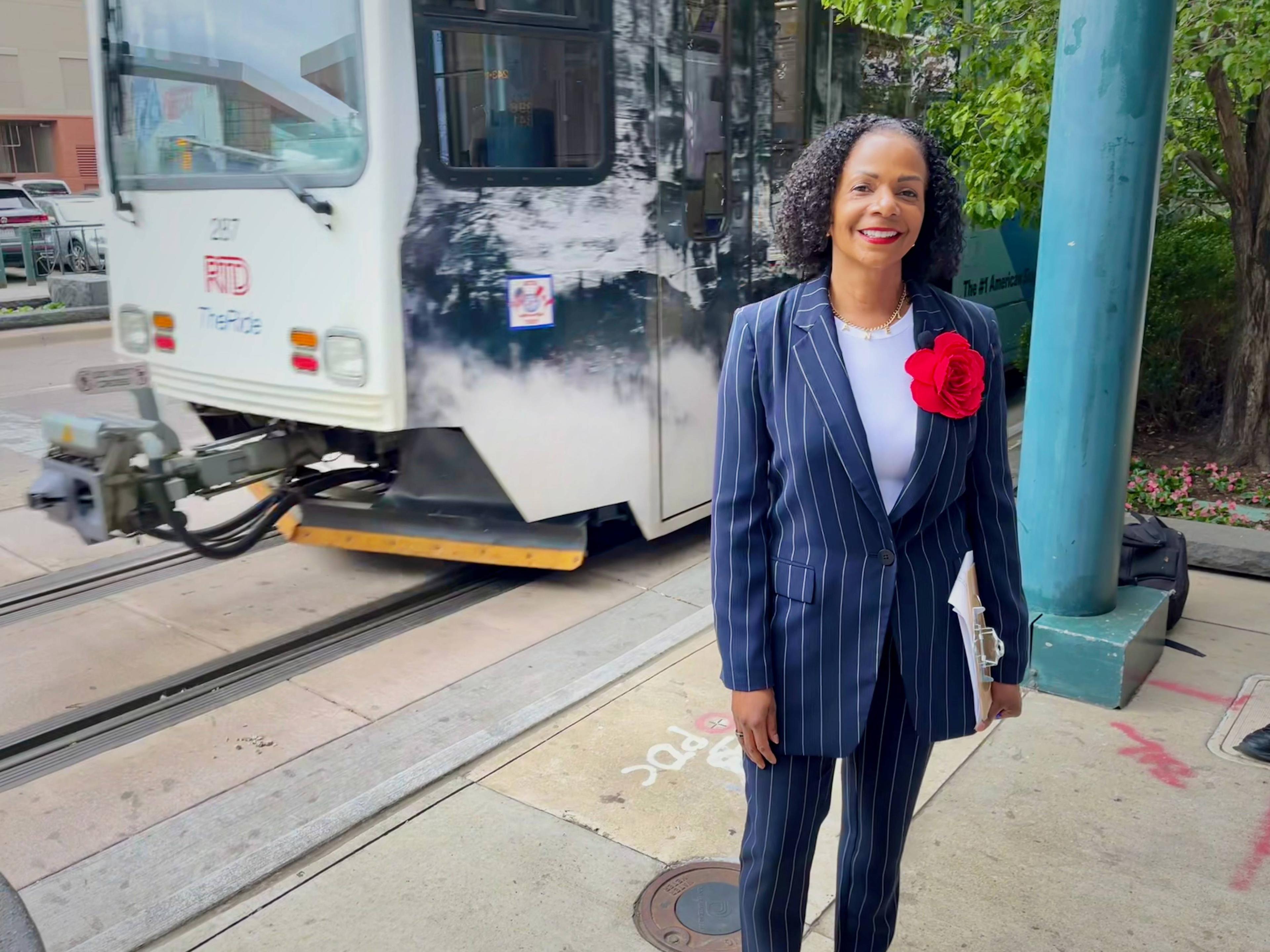
Aurora Interim Police Chief Dan Oates is like the person in the room with multiple people tugging at his coat.
He’s got a community upset about how his predecessor, former Chief Vanessa Wilson, was abruptly terminated from her job.
He’s got City Hall wanting to burnish the agency’s beleaguered reputation after a rough few years that includes the death of Elijah McClain and a subsequent consent decree.
He’s got roughly 1,000 subordinates whose morale is flagging after multiple required overtime shifts and a soaring violent crime rate.
Oates started at the helm of the Aurora Police Department last week temporarily until the city finds a new permanent chief after Wilson’s departure in April. Oates ran APD from 2005 to 2014, when he left to run the police department in Miami Beach, Florida. He retired from that position in 2019 and has been consulting ever since, including for police departments in Baltimore and St. Louis.
He sat down on Tuesday with batches of reporters in 20-minute increments in his office and took questions -- the first time any Aurora Police chief gave as many one-on-one interviews in more than a year.
At the top of his list in Aurora is implementing the consent decree, which came out of an investigation into McClain’s death. He also said he’s going to try to reduce the city’s violent crime rate.
“I’m like an old shoe, I’m a familiar face,” he said. “I have a lot of relationships in the community I have to reawaken, and beyond that I can only be myself. I can listen and answer questions and dialogue. I’ve done it all my career, and I’ve encouraged cops who work for me to do that throughout their careers.”
Oates said the rank and file in Aurora largely supports the consent decree, which will change use of force rules, disciplinary procedures and transparency and reporting requirements around police stops.
Oates said he will also prioritize improving how the community sees APD.
“The reputation of the department has taken a terrible hit in recent years,” he said. “I don’t think fundamentally we’re any less skilled or less dedicated to what we do since we’ve left … And that’s important because it affects our ability to work in cooperation with the community. If people don’t think well of us or trust us then we will be less effective.”
He also needs to build up morale inside the department. APD is down 50 officers from staff shortages, which has required 1,000 overtime shifts since Jan. 1 for everyone else. He said 94 officers this year have been injured on the job so far because it’s grown more dangerous and that the crime rates — particularly violent crime rates — are soaring.
In the first quarter of 2022, violent crime in Aurora jumped 30 percent from the first quarter of 2021. Homicides rose from six to 13, in the first three months of this year.









